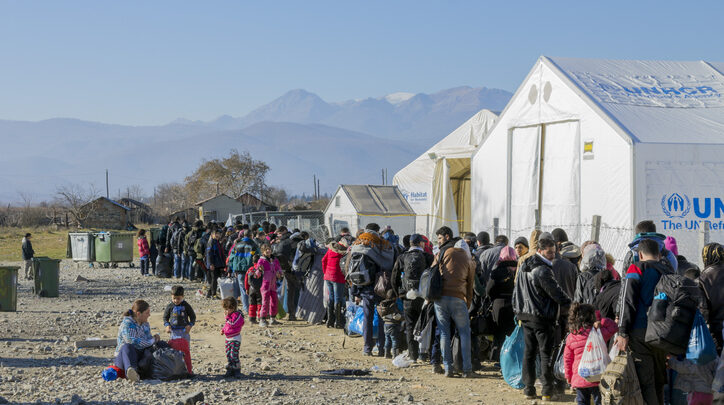World
Norway Government To Take 600 Migrants Evacuated to Rwanda From Libya

The Norway government on Thursday said it will take 600 asylum-seekers evacuated to Rwanda from Libyan detention centers, reported Reuters.
“For me it is important to send a signal that we will not back smuggling routes and cynical backers, but instead bring in people with protection needs in an organized form,” Norway’s Justice and Immigration Minister Joaran Kallmyr said in a statement. “Therefore, the government has decided to collect 600 quota refugees from Libya, out of 800 in total, from the transit reception in Rwanda in 2020.”
Last year, the United Nations estimated that about 4,700 people seeking refuge were estimated to be in Libyan detention centres amid civil war.
In September, Rwanda signed a deal with the United Nations and African Union and to help resettle people detained in Libya while trying to reach Europe. As part of an agreement, the East African country hosts a camp for people who have been evacuated from overcrowded detention centers in Libya.
An emergency transit center in Rwanda’s Bugesera district is currently home to about 800 migrants. The migrants have been given asylum-seeker status there while the U.N refugee agency determines whether they are refugees. More than 2 million people were displaced from Rwanda amid genocide in 1994.
Rwandan Foreign Minister Vincent Biruta on Wednesday said so far Norway and Sweden have offered to take some of the migrants. Sweden has taken in seven.
Last year, Norway’s four-party government coalition, Kallmyr’s anti-immigration Progress Party, agreed to accept 3,000 refugees from U.N. camps in 2020 as part of a compromise.
“It’s important to me to show that we don’t support cynical people smugglers, and instead bring in people who need protection in an organized manner,” Kallmyr said. “A transit camp like the one in Rwanda will contribute to that effort.”





